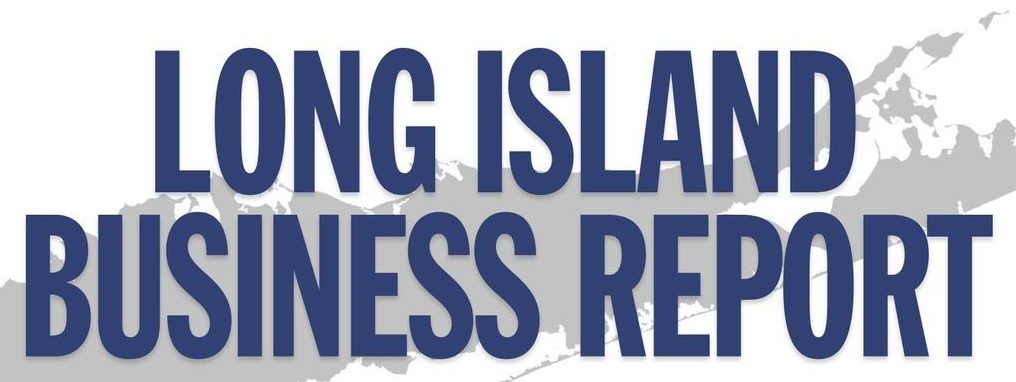3 Reasons to Consult With a Lawyer About Payroll Taxes
As an employer, your payroll obligations go far beyond making sure your employees get paid fairly and on time. You also have an obligation to make sure payroll tax responsibilities are handled between your company and the appropriate tax agencies. Of course, the appropriate tax agencies refer to the Internal Revenue Service at the federal level and the applicable tax agencies in your state.
It’s fair to state that the payroll tax laws at every level can be a bit complicated. That’s why it’s always a good idea to have a good tax attorney on your speed dial. To clarify why you might need to consult with a tax attorney, here are three of the most viable reasons,
1- Offering Advice and Guidance
The best way to avoid issues with tax agencies is to make sure everything you are doing related to payroll tax responsibilities is being handled properly. That would include things like
- Following the right payroll tax withholding procedures
- Calculating taxes based on the most current tax percentages
- Making employer and employee payroll tax payments on time
- Filing the appropriate payroll tax returns correctly and timely
If anything related to any of these topics is not clear, it would be your tax attorney’s responsibility to guide you. Good guidance will play a big role in keeping you in compliance and out of trouble.
2- The Resolution of Payroll Tax Issues
Try as you may to avoid it, there will likely come a time when you’ll have an issue related to your company’s payroll taxes. A good piece of advice would be don’t try to handle payroll tax issues yourself. Without the proper knowledge base, there would be a risk that you’ll only make things worse.
A reputable tax attorney can take the ball and run with it on your behalf. It could be they can help you identify the source of your issue and help you resolve it without the need for an interaction with the applicable tax agency.
If there were to be a legitimate problem that would result in the owing of payroll taxes and maybe penalties and interest, they would be able to step in as your representative. That would give them a place at the table to negotiate over the issue and get it resolved in a way that is acceptable to both parties. Their goal would be to minimize your ultimate tax burden.
3- Your Audit Representative
There are two general circumstances under which your company might be called in for a payroll tax audit by a tax agency. First, it might be a case where your company was simply chosen at random for a compliance audit. Second, an audit might be requested because the agency has legitimate concerns over something they found in one of your tax filings.
If called for an audit, you want legal representation from a qualified tax attorney. You’ll want the attorney by your side to ensure the audit is conducted properly and that the business’s interests are properly protected.
When in doubt about a payroll tax issue, contacting a tax attorney would always be considered the right thing to do.



